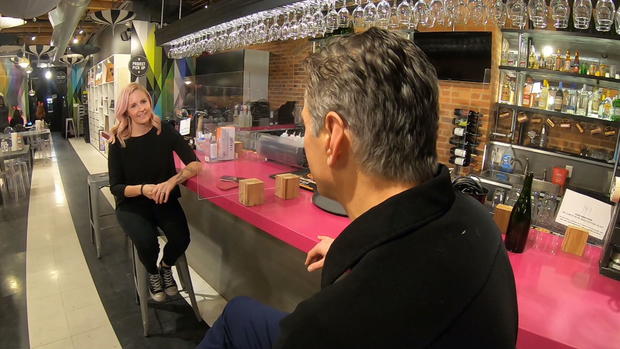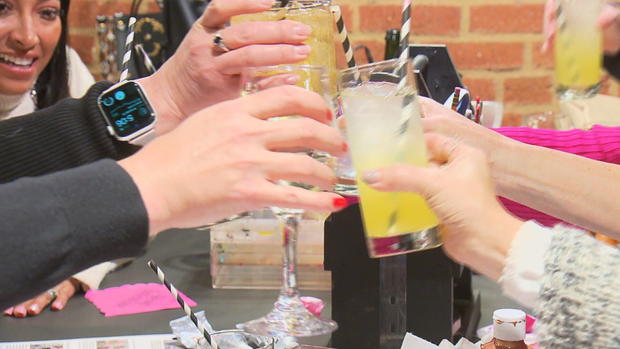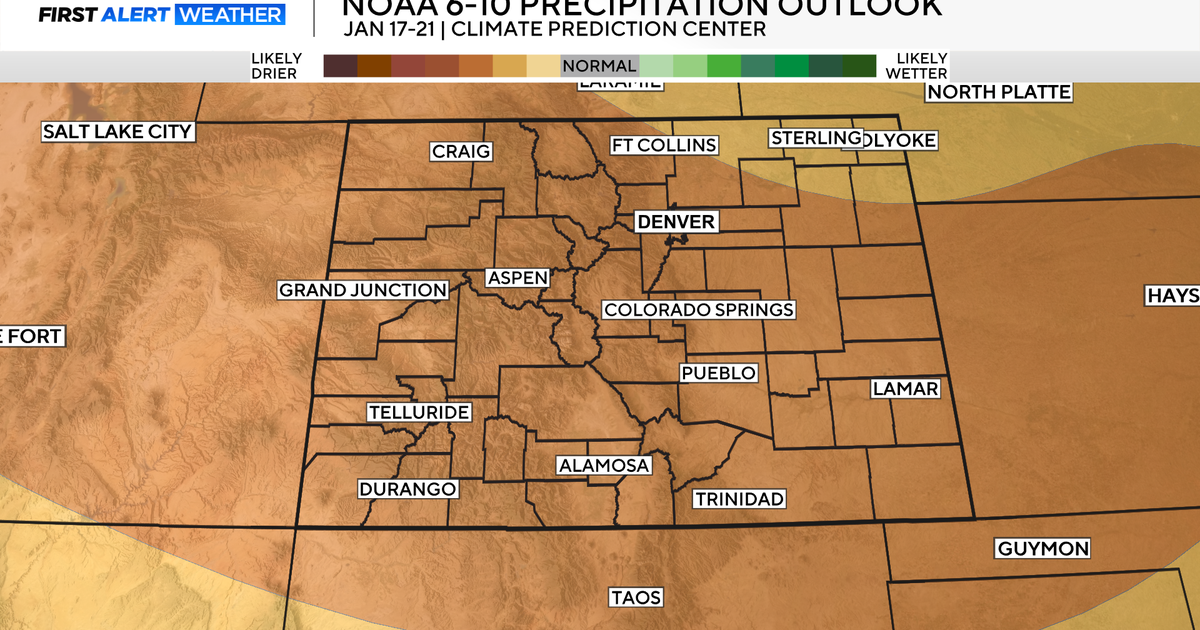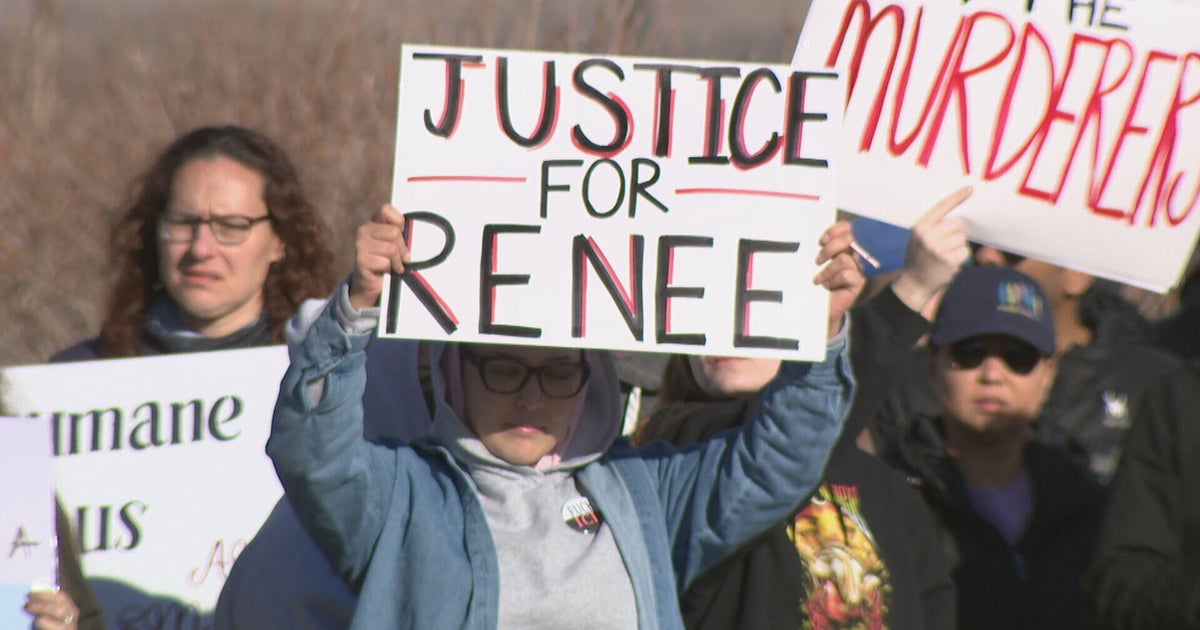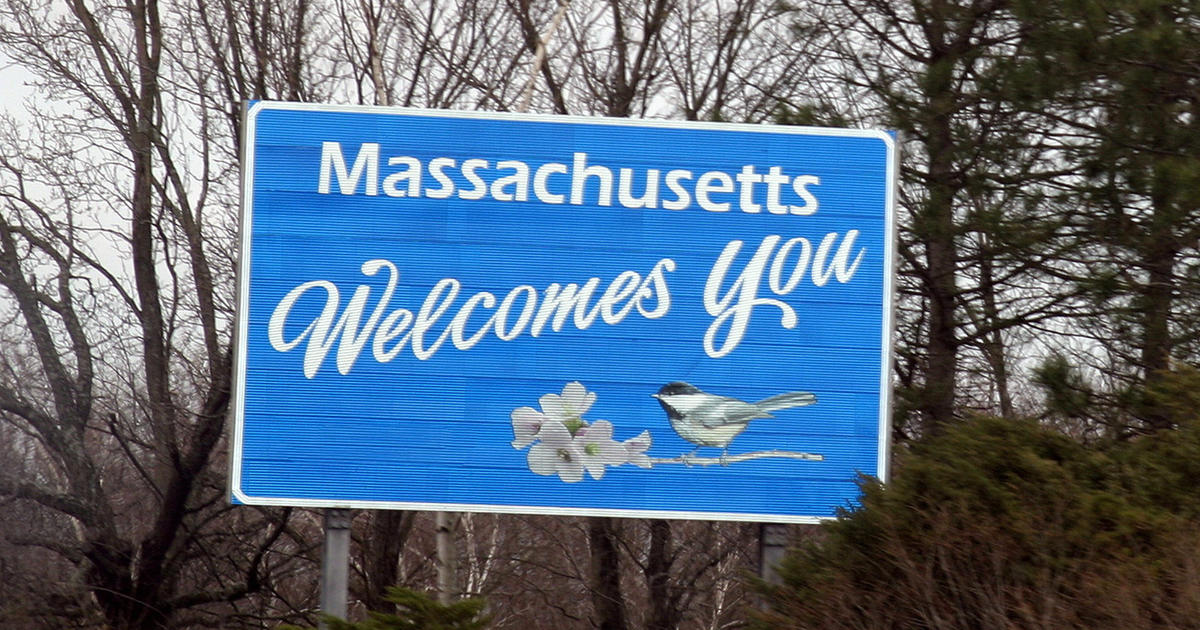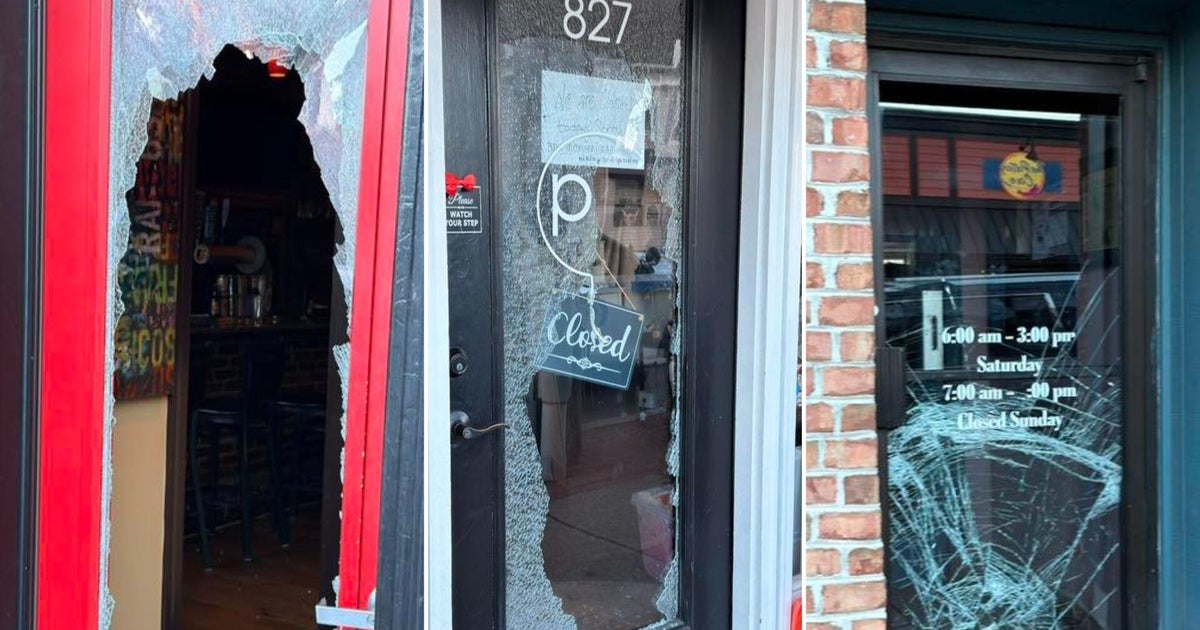Why Women-Owned Businesses In Colorado Are Hit Harder During COVID Pandemic
DENVER (CBS4)– Small business issued a cry for help with the release of a survey of women-owned business in Colorado that does not paint a positive picture. In the survey, 56% of the respondents said their businesses can't go another one to three months.
A total of 86% of the businesses that answered the Energize Colorado survey said they can't go longer than six months in current conditions.
Energize Colorado is a small business nonprofit advocacy group. A total of 935 women-owned businesses replied to the survey, with a response rate of 12%.
"It is surprising when you see that, but in a way it's not, because women are being heavily impacted by the pandemic, more so than men," said Heather Howerton, director of strategic marketing and operations for the Colorado Women's Chamber of Commerce. "They're taking on the burden of the workload at home between child care house work, and there's another issue around funding."
Kelly Johannsen has seen it through the years. A successful entrepreneur, she owns Upstairs Circus, a DIY craft and bar combination concept. There are locations in four cities -- Denver, Dallas, Minneapolis and Austin. Her husband is her partner.
"I don't know that I could actually have gotten this off the ground without him being a part of it. Because of the way the culture is."
She recalls going to banks more than seven years ago when she got going.
"I went in with my suit and my Power Point presentation. But nobody wanted to listen to me. Everybody wanted to listen to my husband speak."
Even when she planned out construction, she was shrugged off.
"Not just finances, not just lawyers and accountants and good old boys club, but even things like general contractors are different. ... When I had to have a general contractor build this bar, he didn't want to build it because he didn't want to build a pink bar."
A table filled with women visiting and building things while they toasted the upcoming Valentine's weekend talked about why recent data shows woman have been hit harder by unemployment during the pandemic.
"Because you're trying to make the choice between raising a family and your career," said Lesa Shkolnik, a business development specialist. "And I feel like, yeah, we've almost been punished for having had children or we've been told, that we don't want to raise them now, because we want to do our jobs."
Across the table, Libby Rivers said, "I don't think women are leaving the workforce, I think they're being forced out of the workforce. It is impossible to work with small children on your lap and historically it is the men who go to work and it is the small kids who yell, 'Mom, Mom, Mom,' all day."
Some things are improving, noted Kelly Johannsen.
"I think people have become very much more aware of gender roles and pay equity and all those things in the last seven years."
But the pandemic has been hard, she notes, on all, with business relationships having a big impact. She said she knows a restaurant owner who could not survive with a landlord who would not give her a break.
"When you don't have any revenue coming in -- and we're talking $0 -- and the city's not giving you the money to pay for your rent or you're not getting any help from your landlord, it is what it is."

